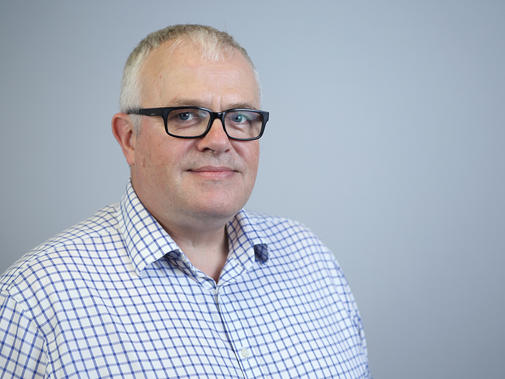I wish to take this opportunity to make a request of all doctors serving the military – whether civilian or uniformed. I would like to ask you for 10 minutes of your time, and for your views. In short, I – on behalf of the AFC (the BMA’s armed forces committee) – ask for you to fill in our survey.
Armed forces doctors are under no misgivings. We understand that, within the broader medical profession, we form a niche (and that this niche could be divided again into three – civilians hired by the MOD, reservists and regulars – which could be further splintered into single services, etc). But while there is a comparatively small number of doctors serving the military – compared to the more than 100,000 employed by the NHS – our role is no less important than that of our national health service colleagues.
We too treat patients; we too made enormous contributions to the fight against COVID. We play a vital role in the defence of the country. Our work is different, but it is still vital.
Many of the challenges we face are different, too. Doctors in uniform do not have the same means to protest over pay as their civilian colleagues (even after last year’s pay freeze, and this year’s real-terms pay cut). CMPs and civilian consultants do not work under the same terms as their NHS counterparts.
Doctors in uniform do not have the same means to protest over pay as their civilian colleagues
The BMA is, however, an association representing all doctors, with a special committee – our committee – established to ensure the needs of armed forces doctors are being met. The AFC has a proud history of standing up for members. In order to provide the strongest possible voice for the regulars, reservists and civilians, however, we also need to listen. That is why we are asking to hear from you.
The AFC has set up a survey to make sure we focus on the issues that matter to you and deliver the change you want to see in your working lives. All responses will be read and used to inform the AFC’s work going forward, whether this is looking at pay, pensions, transformation, or the resources you need to do your job.
It is open to all armed forces doctors – whether you’re a BMA member or not. We will also use data from other relevant surveys (including the Defence Medical Services Continuous Attitude Survey and the People’s Survey), but we are running our own in order to better understand what the BMA, specifically, can do for you.
As BMA council chair Phil Banfield recently wrote: ‘Our association is proud to represent armed forces doctors, and we will continue to speak out for you – recognising that, by dint of your commission, it isn’t always as easy for you to speak out for yourselves.’
Accordingly, I ask you once again to take part in the survey and share it with your colleagues – the deadline is 29 September. The more doctors we hear from, the better we can speak for you.
Col Mark Weir is chair of the BMA armed forces committee

